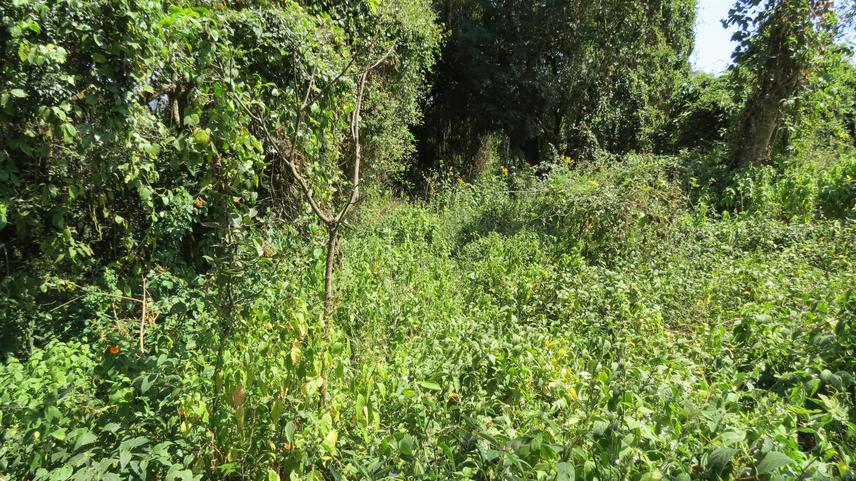Agnes Sirima
Other projects
26 Nov 2015
Assessing Enguserosambu Community Forest Dependence and Motivation for Forest Protection
The aim of the project is to assess the role of traditional ecological knowledge to conservation of Loliondo II Forest and its surrounding range lands.

Undergrowth at Ng'arwa village.
There is increasing use of Traditional Ecological Knowledge in understanding ecological processes, biodiversity conservation, and for planning sustainable resource use. Despite this, little is known of how existing indigenous knowledge could be used to resolve resource use conflicts and plan for sustainable conservation of Loliondo II forest in Serengeti-Mara ecosystem. During the past two decades, conflicts surrounding land and natural resource uses in Loliondo have dramatically increased raising concern for the long-term conservation of biodiversity (TNRF, 2011). The conflict is complex, with many stakeholders involved.
The Maasai pastoralism has for centuries co-existed alongside spectacular wildlife populations in and around the Serengeti-Mara Ecosystem (Thompson and Homewood, 2002). This traditional seasonal movements of herds help protect both dry season and wet season pastures from overgrazing as Maasai elders could carefully plan where and when to use these resources. The ecological rationale of these seasonal movements conforms to the factors governing seasonal wildlife movements between the Serengeti plains and Maasai Mara (Western and Gichohi 1993).
Recently, the changing economic atmosphere due to investors in wildlife resource use has resulted in the ignorance of local resource use practices in favour of land uses with more tangible economic returns. This has given rise to conflicts on competing land uses and threatens sustainable conservation of the area. Combining ecological and social-science approaches, we will assess the contribution of traditional ecological knowledge in conservation of Loliondo II forest and surrounding rangelands; map land use/land cover change of the area; and raise conservation awareness among local communities. Our goal is to contribute to the long-term conservation of this threatened ecosystem.